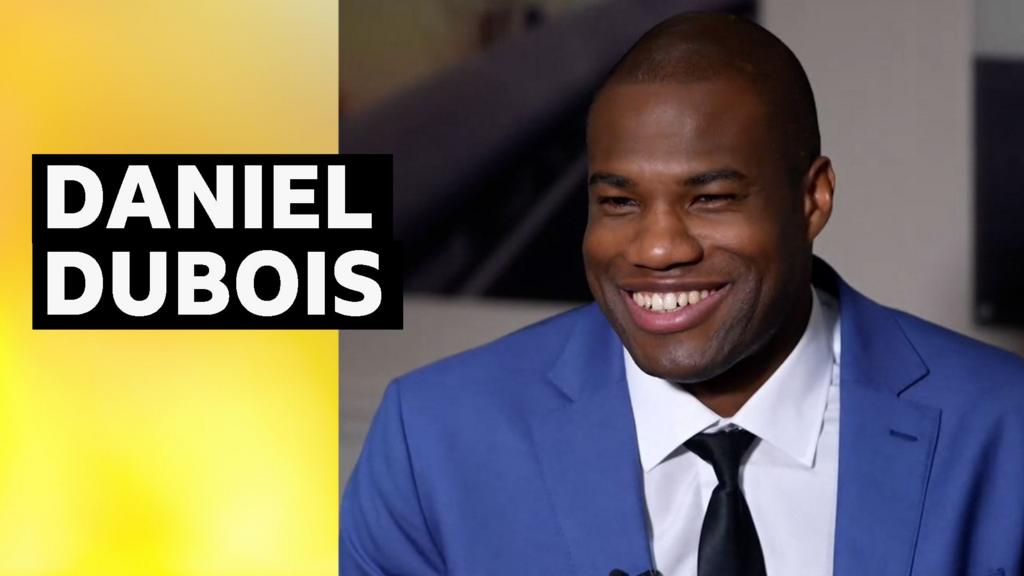Forget quiet quitting: I’m using ‘loud living’ to redefine workplace boundaries

In my twenties, I was the kind of employee managers loved and therapists worried about.
I worked late without being asked. I answered emails during vacation and treated 11 p.m. messages like asteroid-headed-for-Earth emergencies. My identity was stitched to my output, and I wore burnout like a badge of honor.
Somewhere along the way, many of us signed this invisible contract stating that success demands sacrifice. For us, time, health, and relationships were all fair game in the pursuit of professional validation. But now, more people are realizing it’s a contract they want to break: According to Gallup’s most recent global report, employee engagement is down two percentage points to just 21%, and manager engagement saw an even more dramatic drop.
An alternative to quiet quitting
For me, becoming a parent made me realize that “powering through” was not just hard, but unsustainable. My time was no longer mine to give away so freely. I started making small changes like declining late meetings, muting notifications after 6 p.m., and blocking Friday afternoons for deep work so I could log off fully over the weekend. Each change felt like a micro-rebellion against my internalized idea of what defines a great professional.
Many employees today just make these shifts subtly—somewhere between 20% and 40% of the workforce are quiet quitters, according to data from McKinsey and the Understanding Society—and part of me was tempted to just pull back quietly, too.
Instead, I decided to swing the other way. I got louder about what I needed. I told colleagues when I was logging off, and then actually logged off. I pushed back on two-day timelines and offered alternatives that protected both the quality of my work and my sanity. Most importantly, I stopped padding my newly found boundaries with apologies.
This approach—what I’ve come to call loud living—isn’t about doing less. It’s about showing up better, with focus and clarity. It isn’t about less ambition, but ambition that doesn’t cost you everything else.
Here’s how anyone can move from burnout-fueled achievement to sustainable success, without even having to be quiet about it.
1. Redefine Success for Yourself First
Traditional success metrics like promotions, title bumps, and glowing performance reviews are easy to chase because they’re visible and externally validating. But I realized that those wins don’t mean a lot if they come with a side of chronic exhaustion and missing important things in my personal life.
I started redefining success on my own terms: Did I get the important work done and make it to storytime? Did I show up fully without sacrificing my health, sleep, or relationships? Measuring success this way didn’t make me less ambitious—it made me more intentional. And it gave me a reason to protect my time as fiercely as I used to chase someone else’s version of achievement.
2. Tag Your Calendar Transparently
I used to write “busy” as a default time block, thinking it made me look like I wasn’t slacking but having things other than my “job responsibilities” on my calendar. But “busy” doesn’t communicate priorities.
Swapping it for things like “deep work,” “school pickup,” or “thinking time” not only made my day more manageable, but gave colleagues insight into how I work best. It signaled that all time—not just meetings—is valuable, and that caregiving or creative work deserve just as much space as Zoom calls.
Transparency in your calendar builds trust. And when people see you respecting your own time, they’re more likely to respect it, too.
3. Clearly Communicate Personal Nonnegotiables
It still feels moderately uncomfortable telling my team, “I’m not available before 9 a.m. because that’s school drop-off.” I expected eye rolls or assumptions that I was less committed.
Naming nonnegotiables doesn’t mean you’re rigid. It means you’re clear on what keeps you grounded, and you’re modeling a healthier way to mesh life and work without hiding behind vague time blocks and secret stress.
4. Put Up Your OOO Message, Even If You’re Not on Vacation
Out of office replies used to feel like something reserved for work travel and time off. But I think we can all agree that life doesn’t wait for vacation. When I started using OOO messages for moments like caring for a sick kid and going offline to reset, I noticed something powerful: people responded with understanding, not judgment.
By expanding what’s worthy of an OOO message, we start the process to normalize that time away is not always tied to beaches and life milestones like weddings. Sometimes it’s about boundaries, bandwidth, and being human.
5. Ask Your Team (and Yourself) the Tough Questions
Work–life alignment starts with curiosity, not just policies. What does someone really need to feel present at work and at home? What’s the thing they never want to miss, or the time of day when they’re truly in flow?
These aren’t just nice-to-know details, but critical inputs to help teams collaborate effectively and do their best work. By asking these questions not just as a manager, but as a teammate, and answering them for ourselves we start treating each person as a whole human, not just a job title. This kind of clarity reduces burnout, builds empathy, and makes it easier to plan work that honors priorities and the people.
Normalize having honest conversations around personal priorities and boundaries. Managers and teammates alike can ask:
- What are your personal nonnegotiables?
- What time of day do you work best?
- What’s one thing you want to protect weekly?
- What do you never want to miss?
6. Practice Saying No Without Apologizing
If you were raised in hustle culture, saying “no” can feel like a big ol’ failure or make you seem weak. For years, I padded every boundary with “I’m so sorry” followed by justifications.
But over time, I realized that being clear about my limits wasn’t disrespectful. It was actually responsible, both for myself and my team. Saying, “I can’t take this on right now, but here’s when I can revisit based on what’s on my plate,” is honest and professional.
The Boundary-Filled Future of Work
Work–life balance may not be a universal reality. But work–life alignment—a career that adapts to your life, not erases it—is worth building toward. Is this realistic for everyone? Not always. Some roles require reactivity, and others rely on client schedules, shift work, or global time zones.
But even in those cases, we can normalize transparency over perfection. Being clear about bandwidth, boundaries, and priorities helps teams operate more effectively and with more empathy. And, we could all use a bit more empathy. Parents and non-parents alike.
We need to start treating boundaries as a performance tool, not a privilege.
What's Your Reaction?
 Like
0
Like
0
 Dislike
0
Dislike
0
 Love
0
Love
0
 Funny
0
Funny
0
 Angry
0
Angry
0
 Sad
0
Sad
0
 Wow
0
Wow
0



























































































